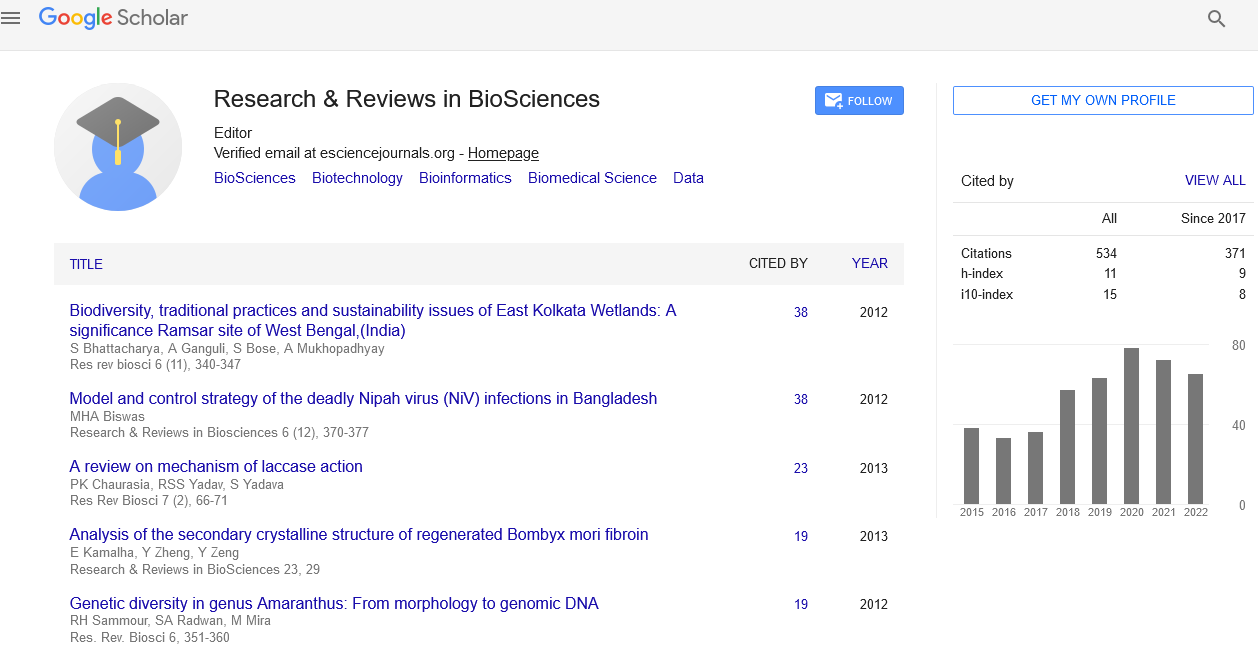Abstract
In silico selected peptide antigens frommycobacteriumtuberculosis: New perspectives for diagnosis and vaccine development
Author(s): Seghrouchni F*, Amicosante M, Baassi L, Sadki K, Colizzi V, Benjouad A and El Aouad RTuberculosis (TB) remains a global health problemand effective control of TB is dependent on the availability of efficient vaccines and diagnostic tests. However, the above require the identification of highly specific antigens of Mycobacterium tuberculosis (M.tb), that are safe enough to be used in vivo and structurally stable for broad technical application. However, the purified or recombinant antigens of M.tb are immunologically quite complex. The potential use of these reagents is also limited by the technical problems related to their production. HLA-promiscuous T-cell multi-epitopic peptides (HLA-p.T-c.m-EP) are designed on the basis of the prediction of sequences that bind to MHC molecules and their interaction with T-cell receptors in stimulating the immune system. The gain in time, cost and facile investigation provided by selection of such HLA-p.T-c.m- EP using bioinformatics,makes possible the analysis of the immunological aspect of a high number of M.tb gene products with the aim of better understanding their involvement in immune host defense against M.tb. This approach could also provide a rational basis for the development of a subunit vaccine for TB. Furthermore, the ability of these epitopic peptides to induce differential responses specifically to distinct stages of the disease might offer a relevant perspective for better diagnosis of TB. This review describes the structural and functional characteristics of HLA-p.Tc. m-EP and emphasizes their use as novel agents for development of diagnostics and vaccines.
